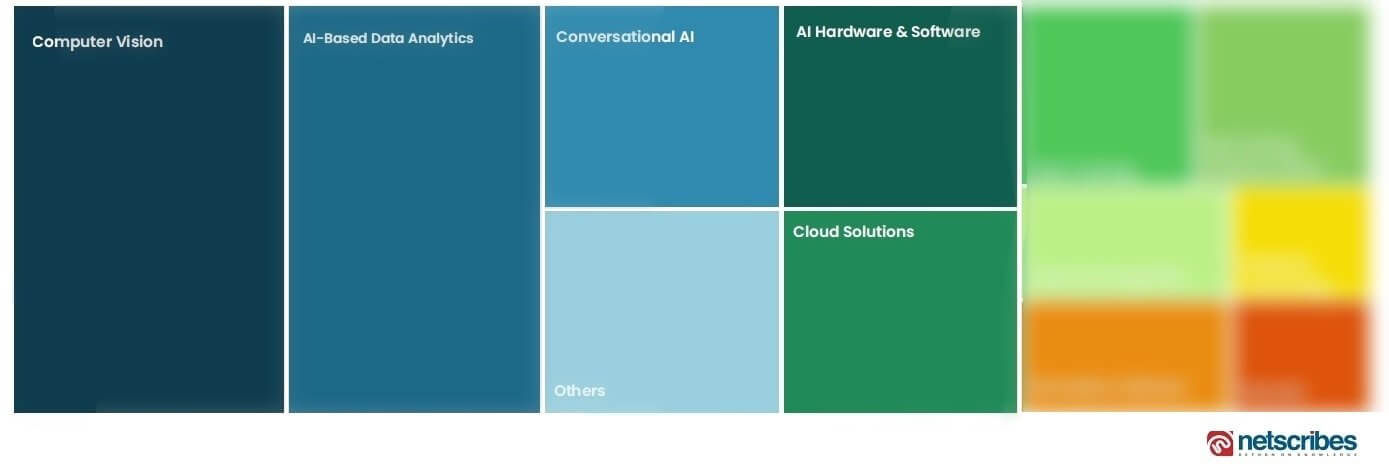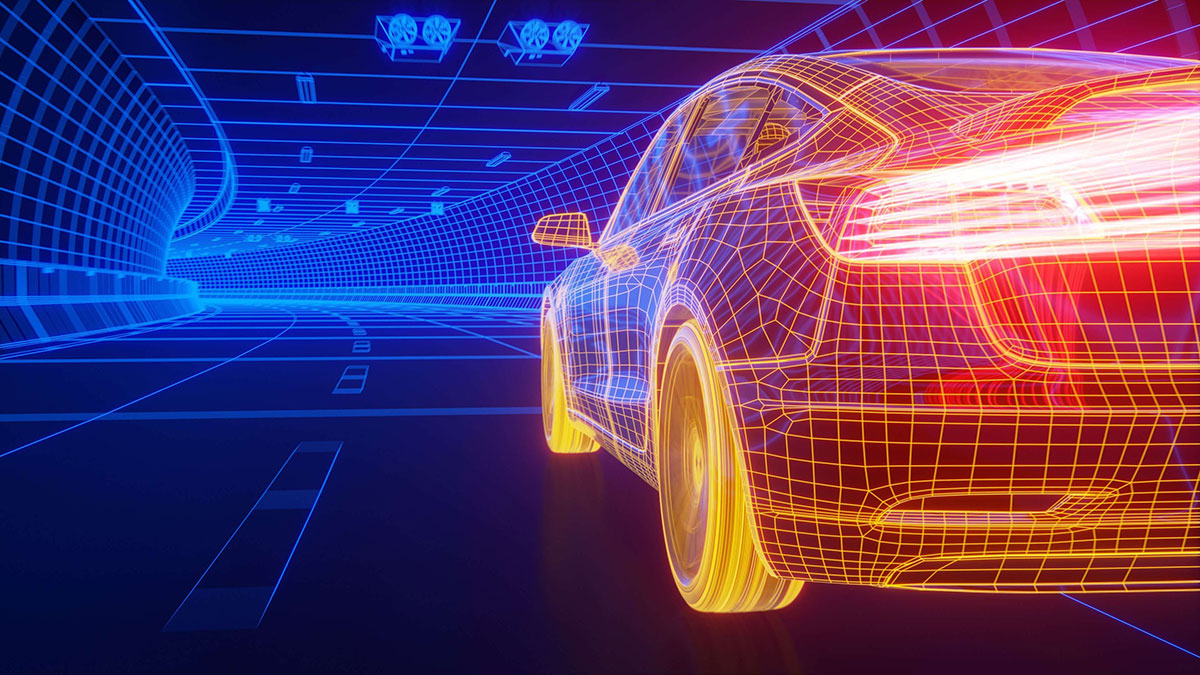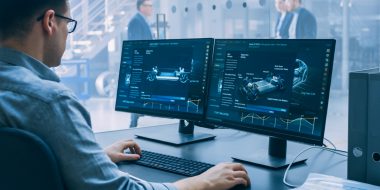AI is driving a strong wave of innovation across the automotive industry. From advanced driver-assistance systems (ADAS) to self-driving cars, AI, together with new connectivity advancements, is transforming the auto industry at an unprecedented pace. It is also helping companies unlock new capabilities in existing mobility solutions such as ride-sharing, public transportation, truck-based logistics, among others.
In fact, research suggests that the global automotive AI market is expected to reach nearly USD 9 billion by 2025. Given that the future of automotive is going to be a more intelligent one, the competitive edge would go to those with the most beneficial AI capabilities.
Our latest report, Artificial Intelligence in the Automotive Industry, provides a detailed analysis of the M&A scenario to reveal the emerging AI-driven trends and what they mean for the industry’s future. Here’s a sneak peek at the top five most sought-after AI capabilities in the auto industry.

Click here for a complete technology analysis of AI-driven M&A deals in the automotive industry.
1. Computer vision
Industry participants from car manufacturers, food delivery firms, to cab aggregators are eager to develop their capabilities in this space. Being highly dependent on achieving accurate object detection and classification, computer vision allows them to improve their self-driving capabilities in real-world scenarios.
With features such as depth perception, image analysis, and three-dimensional modeling, investors in this technology are developing software to offer self-driving as an on-demand service on normal cars. Other updates triggered by this technology include better vehicle communication, intelligent mirrors that digitize the customer experience, and the development of next-generation cock-pit systems.
2. AI-based data analytics
As vehicles become more connected, they are creating enormous amounts of data. With in-vehicle sensors, telematics and more, data on weather conditions, traffic scenarios, and driving behavior are becoming easily accessible. Companies in the automotive value chain, including automakers, marketplace providers, telematics companies, among others, can use this data to enhance their services by deploying AI-based data analytics.
New data collection methods and sensor technologies combined with AI-based analysis are unveiling distinctive possibilities across various automotive applications including connected cars, insurance, telematics, mobility, and infotainment. Customer behavioral analysis, predictive maintenance, and usage-based insurance solutions are some key focus areas for companies investing in this technology.
3. Conversational AI
Passenger interaction and customer support are currently the top investment drivers of conversational AI. Moreover, what makes AI-based chat support such an attractive solution, is that it can extract the true meaning behind customer queries to offer appropriate guidance. Through semantic analysis of natural language input, it outdoes traditional chatbots limited to industry jargon.
Deals by automotive marketplaces are centered around the integration of AI with inventory data to develop dynamic and personalized advertisements. Multi-lingual translation services, content management, and an always-on operation in the absence of network connectivity. These are some of the top user-experience needs triggering this demand across the automotive value chain.
4. Cloud-based services
Cloud-based software services help OEMs optimize the reams of data generated to develop applications across various functional areas like telematics, infotainment, navigation, fleet management, etc. Apart from this, cloud-based solutions are being acquired to enable connected vehicle functions like security, privacy, device communication, design, and execution environment.
Acquisitions in cloud-based services also highlight inorganic growth opportunities for non-automakers. These can capitalize on the connected vehicle market by acquiring companies offering cloud-based connected car platforms. Enhanced connectivity management and advanced human-machine interface are other key areas of focus within cloud services.
5. AI hardware and software
While it’s clear that the AI-based software stack for self-driving vehicles is making rapid progress, hardware advancements are also gaining momentum. Investors are pooling in large sums to acquire System-on-Chip (SoC) application vendors that are focused on providing on-site computing and computer vision solutions.
Another development in the realm of AI-based hardware solutions is to utilize antenna optimization techniques for connected vehicle applications. Aiming to reduce hardware reliance and boost software enablement connectivity, service providers are exploring optimal antenna designs that can be coupled with AI-based optimization techniques.
The auto industry is undergoing radical changes with major breakthroughs in AI, IoT, and other connected technologies. Netscribes helps companies be in step with these changes and inform their growth decisions by providing key insights and recommendations on technology development, build vs. buy, and go-to-market decisions. To request a consultation, connect with us at info@test.netscribes.com






